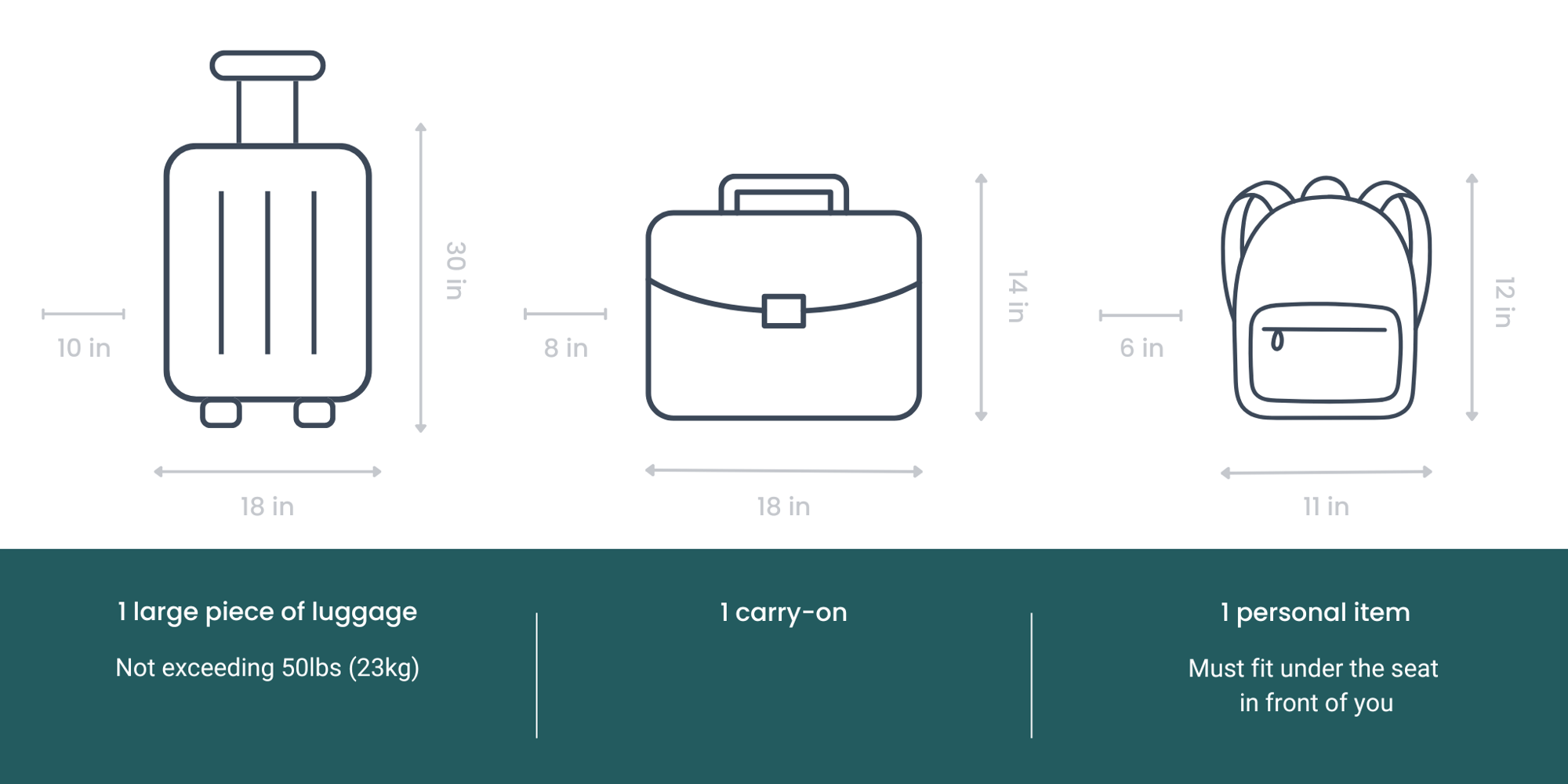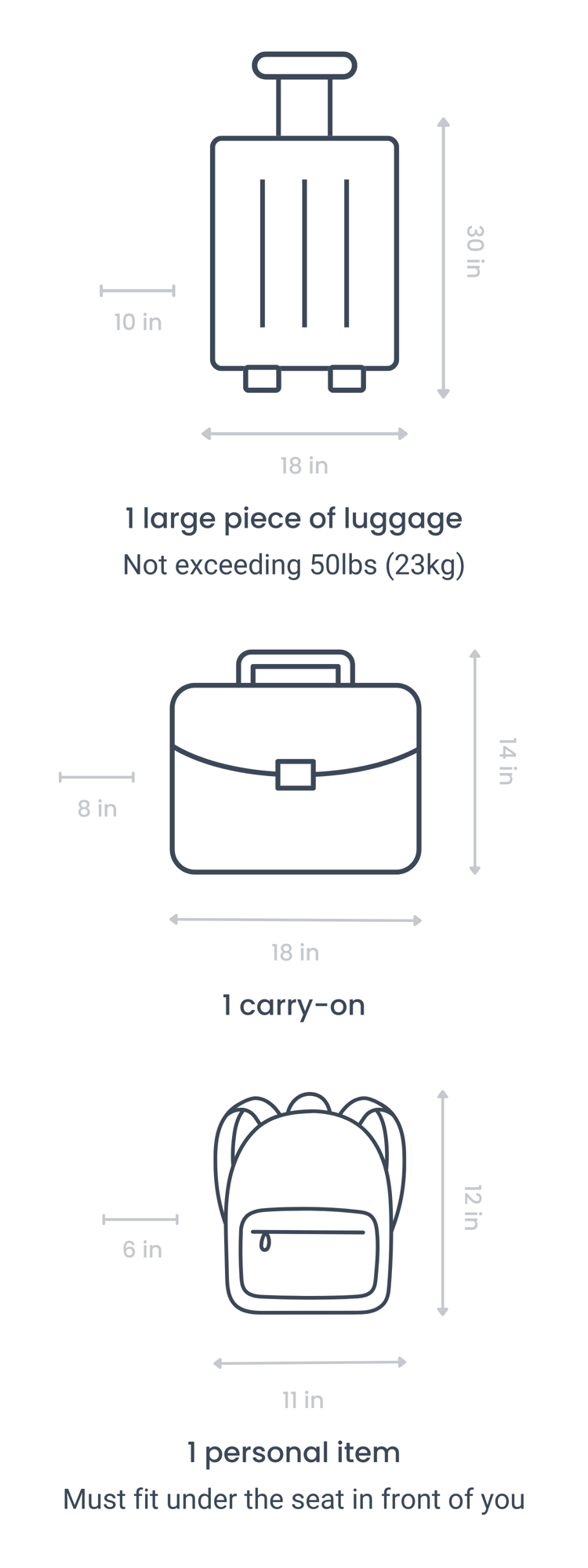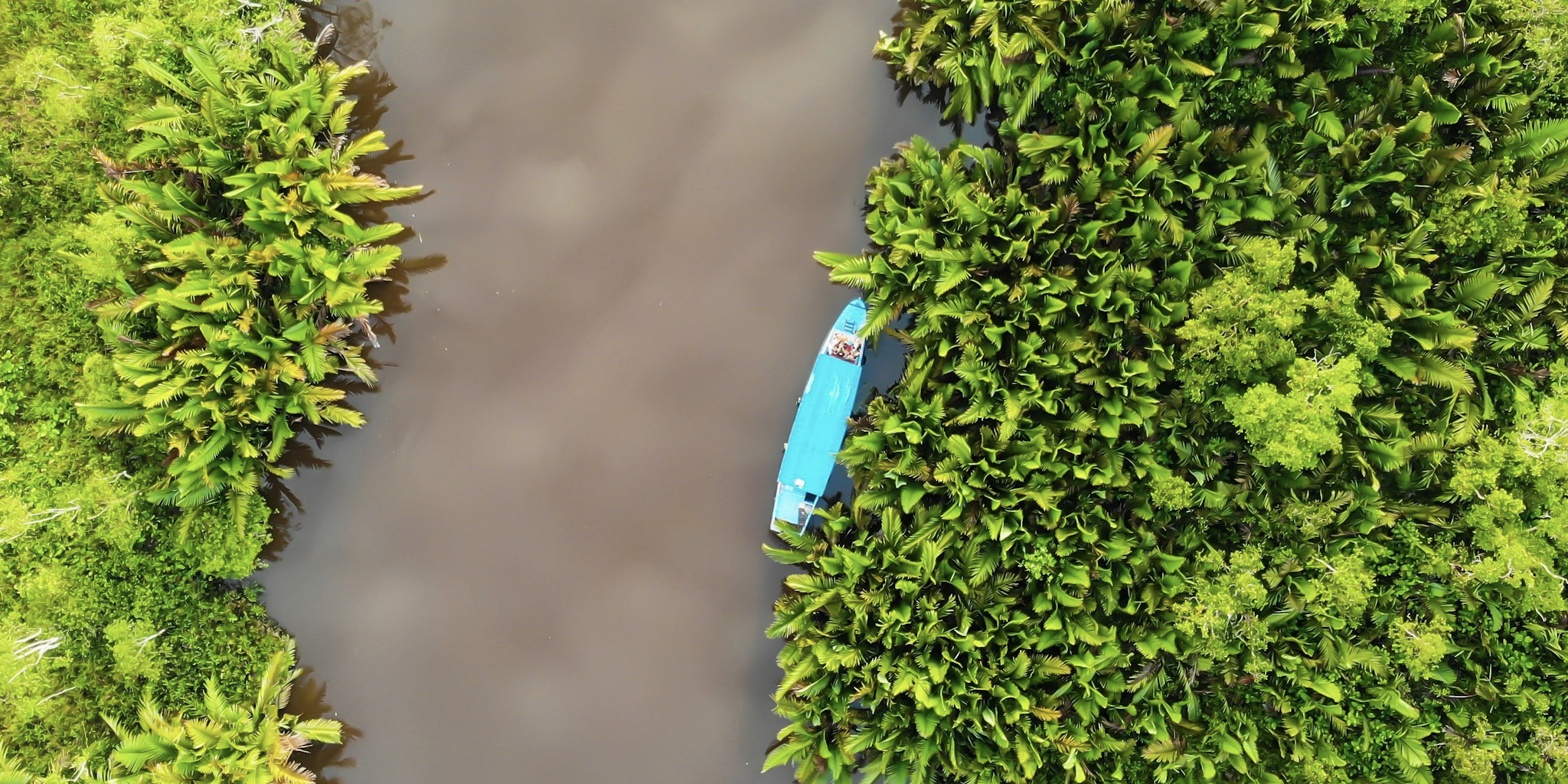About Borneo
Overview
Borneo, a giant, rugged island in Southeast Asia’s Malay Archipelago, is shared by the Malaysian states of Sabah and Sarawak, Indonesian Kalimantan, and Brunei. Dense tropical rainforests, mangroves, swamp forests, and massive rivers make up the diverse landscape. The forests of Borneo are home to creatures like orangutans, proboscis monkeys, sun bears, clouded leopards, Bornean elephants, and over 15,000 known plants.
Currency: Malaysian ringgit
Area: 748,168 km2 (288,869 sq mi)
Time Zone: Central Indonesian Time
Emergency Number: 999
Outlet: Type G
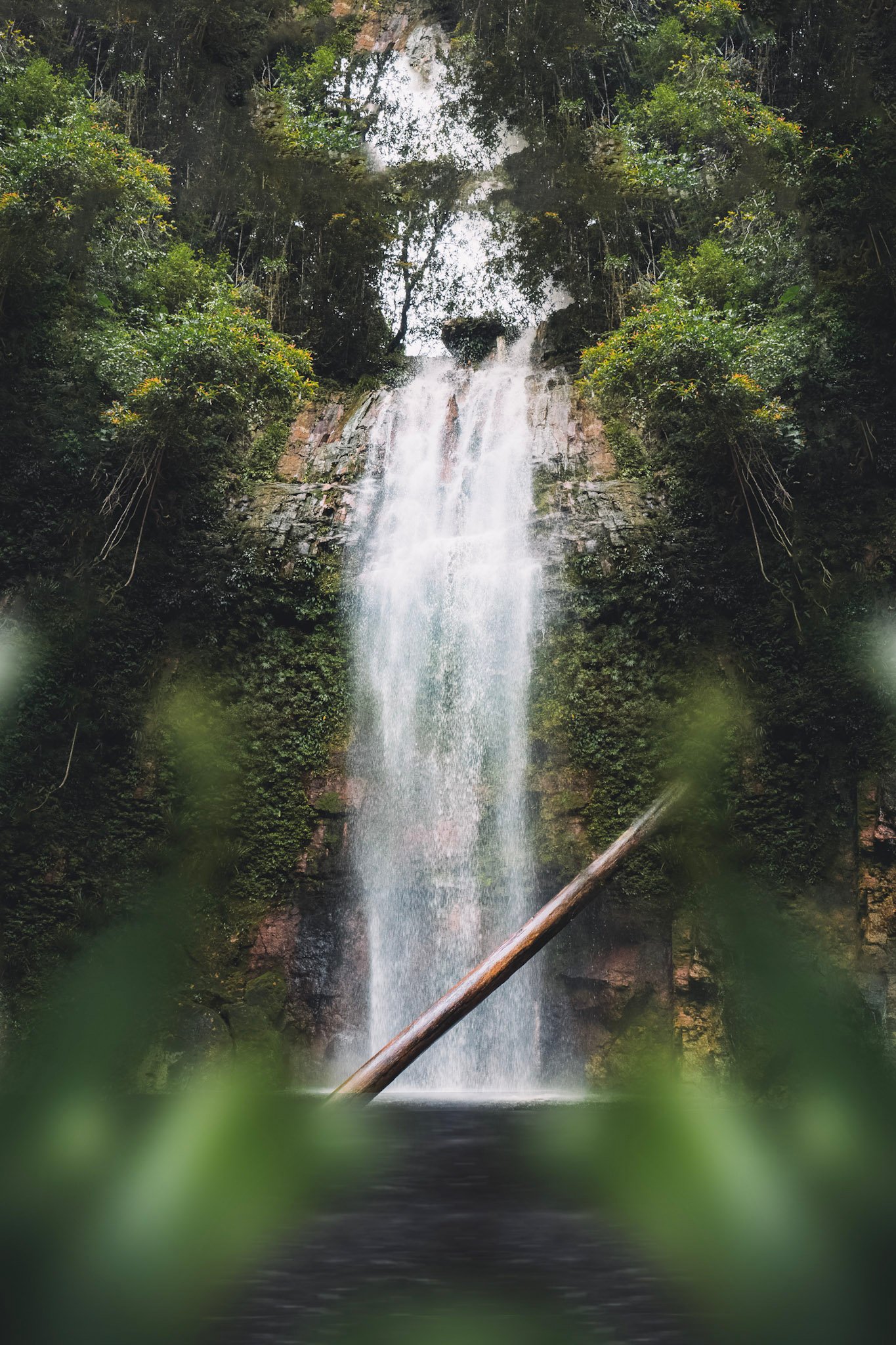
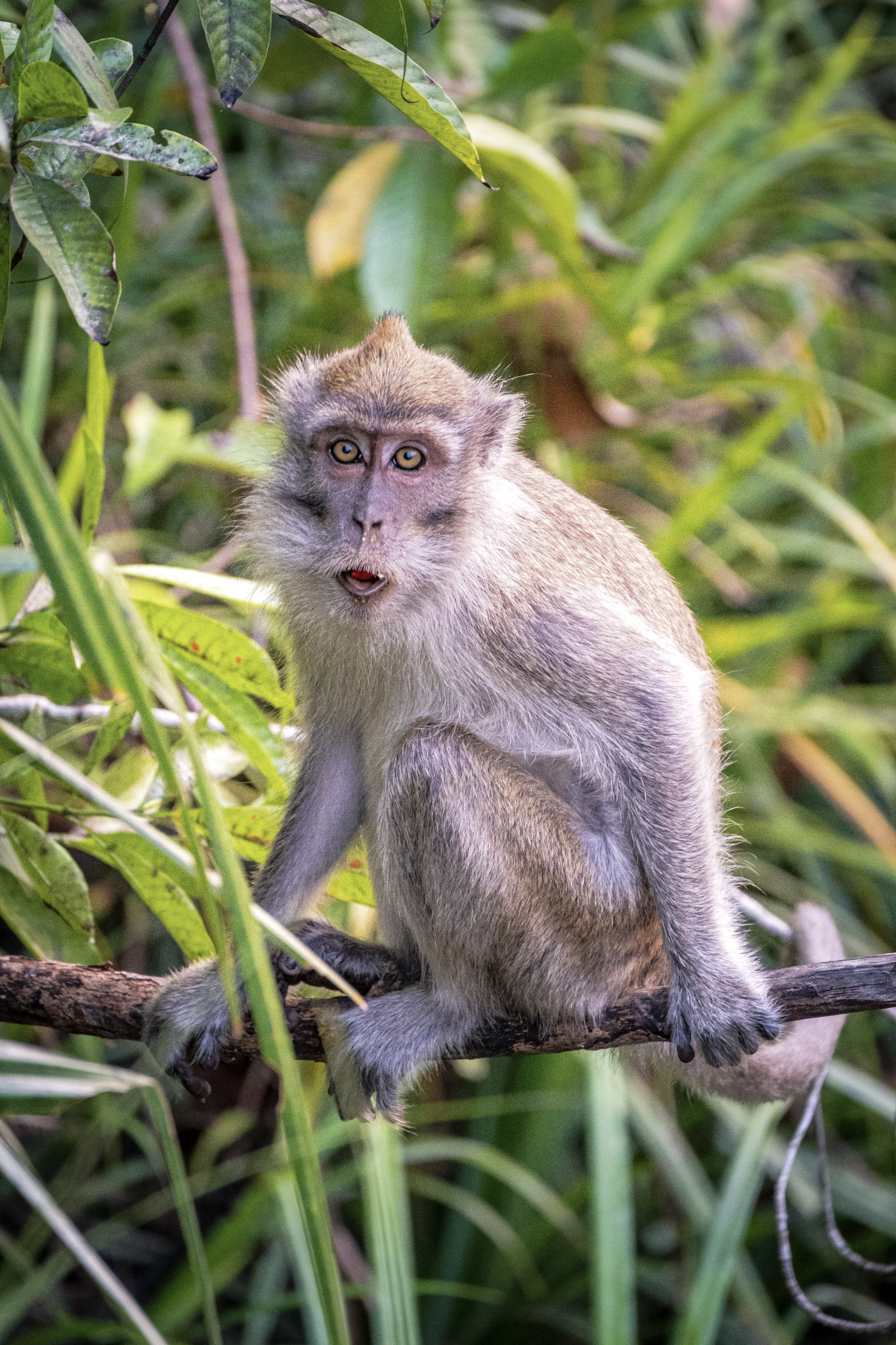
Packing List
Speak the Language
Malay is the official language but English is widely spoken everywhere. There are multiple languages and dialects spoken in Borneo including Malay, English, Mandarin, Hokkien, and those of many local tribes.
How are you? Apa khabar (apah ka-bar)
Please Tolong (toh-long)
Thank you Terima kasih (te-ree-mah ka-seh)
Where is the toilet? Di mana tandas (DEE muh-nuh TAHN-das)
Yes/no Ya/tidak (yah) (tee-dak)
Goodbye Selamat tinggal (S'LAH-maht TING-gahl)
Google Translate: Google Translate: Download the Google Translate app or click here
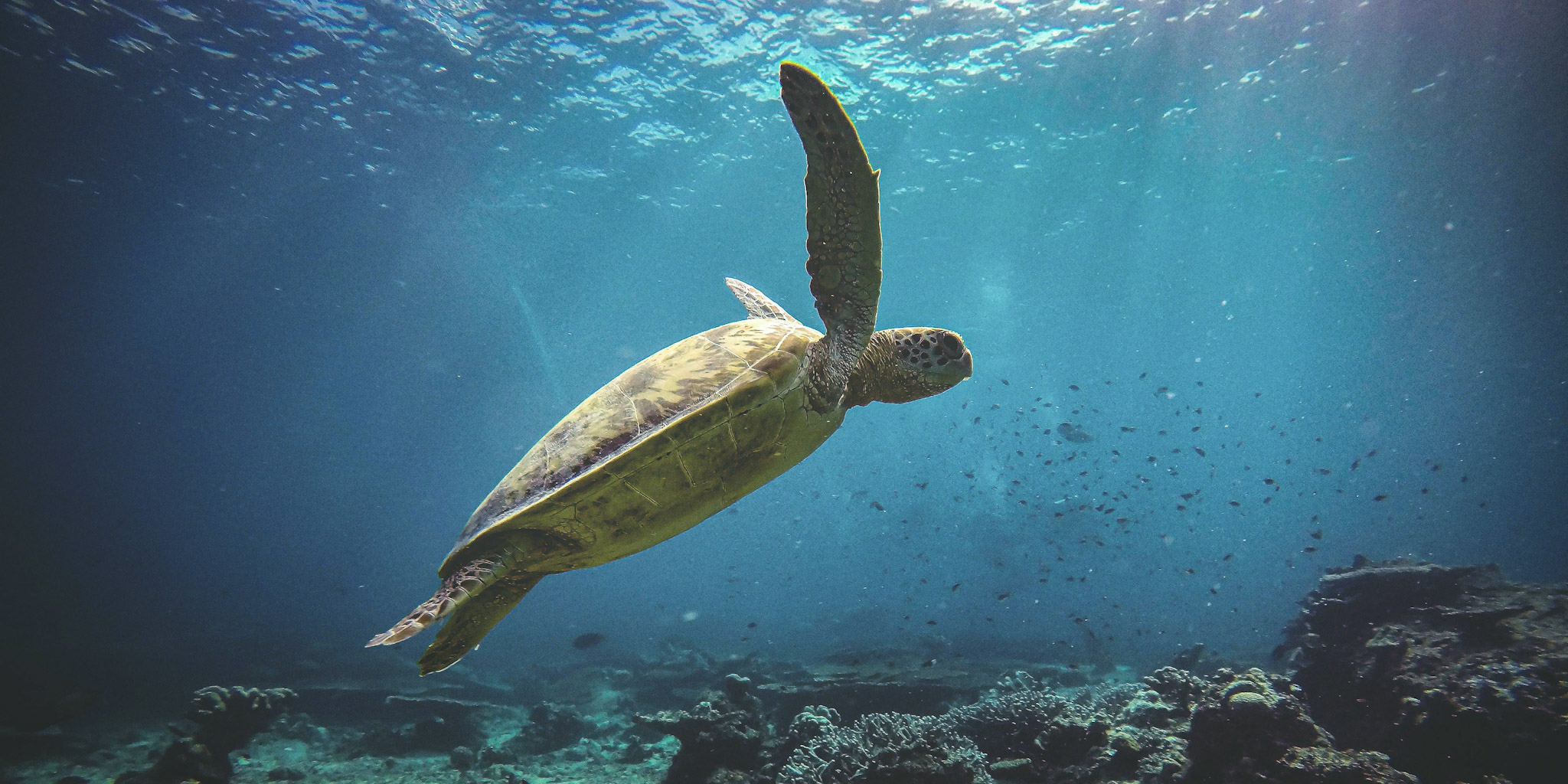
Weather
Please note that TrovaTrip and our Operating Partners offer multiple itineraries in Borneo. For the most accurate forecast beyond Sandakan, we recommend checking your preferred weather app for up-to-date conditions in your specific destinations.
Fun Facts
- It’s the third-largest island in the world
- Borneo has the world’s oldest rainforest. At an estimated 130 million years old, Borneo’s rainforest is two times as old as the Amazon rainforest in South America.
- Orangutans are endemic to Borneo and Sumatra in Indonesia. These are the only two places you can see them in their natural environment.
- In 1970, around 75% of the island was covered in rainforest, but now it’s just 50%
- The forests are being cut down for timber, to grow lucrative crops like palm oil and rubber and to mine for valuable minerals.
Tipping
Tipping Suggestions: Tips for Guides, drivers and restaurants are not included. Tips provide supplemental income, and, while not mandatory, are greatly appreciated. If the local teams have added to the experience, please reward them.
| Guides | USD $5-7 per person/per day | |
| Drivers | USD $3-4 per person/per day | |
| Restaurants | Tipping at restaurants is not customary |
FAQ
Where can I find information on travel safety? Check out the US Department of State's website for the most up-to-date information on safety while traveling.
Is the water safe to drink? Though tap water is treated in towns, it is not recommended for direct consumption. It’s advisable to bring a water bottle to refill at resorts or lodges and/or purchase bottled water for drinking.
Do I need a Visa? For Visa information, click here. Make sure your passport is valid for at least six months after you return home and has two or more blank pages. Otherwise, some countries may not let you enter.
What about vaccines? For vaccination information, click here.
Do you recommend travel insurance? While not required, we highly recommend all Travelers purchase protection. Check out plans from our partner, Travel Insured International, or from a provider of your choice.
How much should I pack? As we will be using shared transfers and spaces throughout our tour we recommend all Travelers pack as lightly as possible. Please take a look at our luggage restrictions below.
What about Wifi? You will find WiFi in major hotels, cafés, and shopping malls. It is, however, not always very fast or reliable. Outside the cities in the jungles, rainforests, and islands, WiFi access will be limited or non-existent.
Luggage Restrictions
